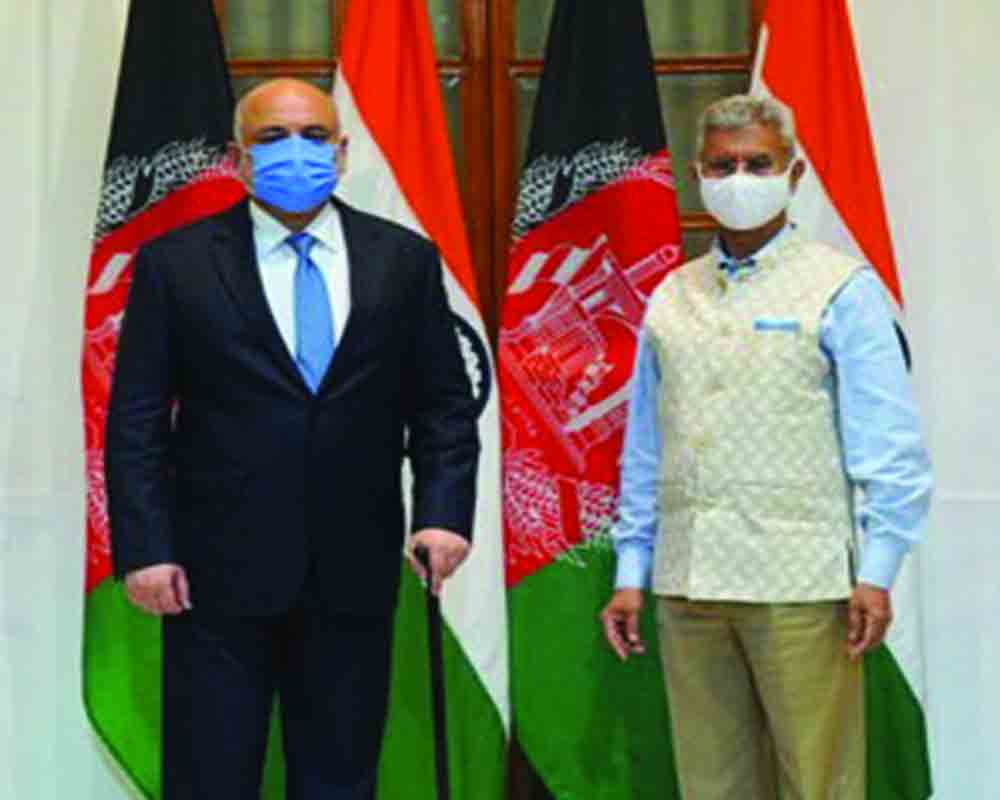India must stand with the world to ensure that peace returns to the violence-ravaged country
Among the first actions by India after taking over the presidency of the United Nations Security Council is to convene a meeting to discuss the worsening situation in Afghanistan. The meeting comes in the wake of Afghan Foreign Minister Mohamad Haneef Atmar calling on his Indian counterpart S Jaishankar and seeking an urgent session of the Council to discuss ways to halt the Taliban’s violence in the country. There is a huge escalation in violence as the Taliban have gone on an offensive to capture as much territory as they can to use as leverage for power negotiations after the withdrawal of the US forces is complete this month-end. India has repeatedly expressed its concern and is in favour of a two-pronged approach for Afghanistan: Encourage the warring sides to agree to total ceasefire and bring them to the negotiating table for them to draw up a political agreement on their own. The Indian initiative comes at a time when India itself has been kept away from a second meeting on Afghanistan convened by Russia in Qatar on August 11. The Russians have invited the United States, Pakistan and China to the meeting. Russia has been holding what is called the “Moscow format” of talks for bringing about a political reconciliation in Afghanistan. Russia has given no explanation for keeping India away. It did welcome the Indian decision for a Security Council meeting but has in the recent past also commented that it supports India having contacts with the Taliban on the ground that they are a reality in Afghanistan.
Simultaneously, the CSTO alliance in Eurasia comprising Russia, Armenia, Kazakhstan, Tajikistan, Belorussia and Kyrgyzstan is separately assessing the Afghan situation particularly along the borders of its member countries. In July, Tajikistan, alarmed by the Taliban’s offensive in Afghan towns close to its borders, appealed to the CSTO to come up with an appropriate response but the organisation at that time felt the situation did not warrant an intervention. A third initiative on Afghanistan will also be in the form of a meeting in Qatar between Afghanistan and its “regional and international” partners sometime later in August. China, on the other hand, is making its independent efforts for a settlement in Afghanistan with Pakistan as its ally. China’s Foreign Minister has also formally met a Taliban delegation recently, where Beijing appears to have received assurances from the Taliban to respect China’s concerns in the region. As Pakistan, China, the US and Russia begin their moves to see who influences Afghanistan the most, India needs to decide on what its role will be. Others seem to think that India must have communication links open with the Taliban to be able to closely monitor the intra-Afghan affairs. India needs to decide if it prefers a direct involvement or a distant one. BJP leader Subramanian Swamy minced no words when he tweeted, “This is the last chance to become relevant”.


























